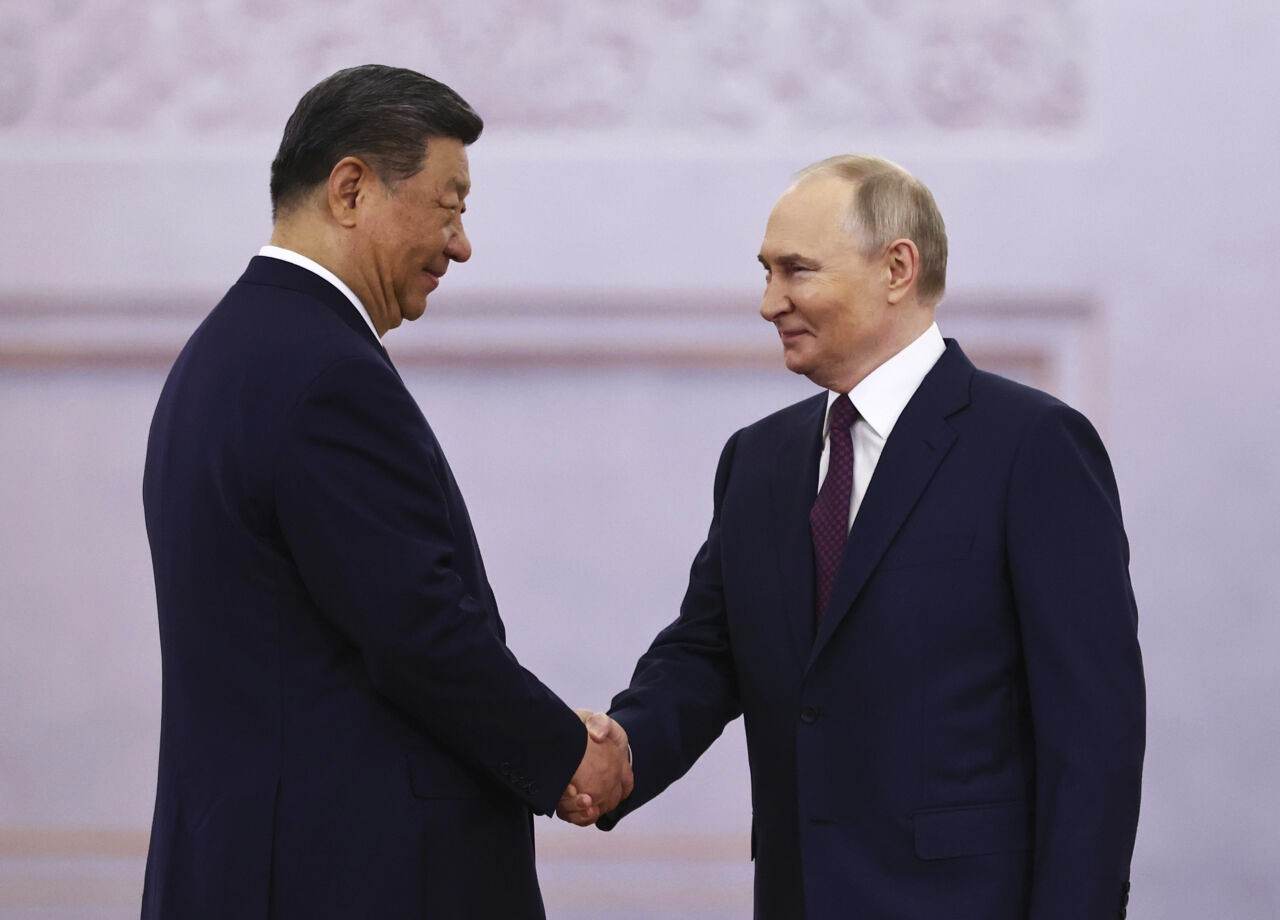Blog
Nationalist rhetoric does not help in international arenas

When the results of the European elections were announced last week, it fast became clear that right-wing populists did not get as many votes as many mainstream observers had feared. Far-right parties fared well in some member countries, but they did not manage to become a coherent force. While it is profoundly worrisome that they are very strong in some countries, especially Italy, Poland and Britain, it should not be surprising that these are national-level successes. The point is that anyone who emphasises the national interest will always struggle to make a coherent argument for cross-border alliances.
I have pointed this out before, but it bears repetition: Why should Polish nationalists form a coalition with Brexit proponents who have a long history of arguing that there are too many Polish plumbers in the UK? How will German nationalists, who state that bygones are bygones, ever cooperate well with Polish nationalists, whose worldview includes their country’s entitlement to further compensation for suffering under Nazi occupation? Does anyone really believe that Germany’s AfD, which worries about our country’s taxpayers having to bail out other EU member states, can find common ground on fiscal policy with Italy’s Lega, which wants to increase deficit spending?
There is a reason why the various right-wing populist parties that are disrupting national politics in many European countries have never managed to form a single and united faction in the European Parliament. They belong to several different faction because they simply cannot agree on what they want to do. Accordingly, their attempts to coordinate their election campaigns this time remained utterly unconvincing.
What I find truly worrisome, however, is that mainstream political parties and the media did such a poor job of pointing out the populists lack of coherence. Instead of exposing it, they allowed a sense of hysteria to foster in public discourse. If they want to get a grip on the problem, they have to learn to properly challenge the right-wing forces by pointing out those forces’ weaknesses and hollow propaganda.
An important starting point would be to emphasise a fundamental flaw in populist ideology. A core element of it is that a global elite is using multilateral institutions to subordinate individual nations to its rule. The idea is that, by abandoning multilateralism and reclaiming sovereignty, those nations can form a better international order in which all will live in peace because all will have the freedom to live as they please.
This is nonsense. The truth is that national sovereignty was the key to building peace in Europe four centuries ago after the 30 Years War. Back then, the difference between Protestants and Catholics had been what had driven rabid identity politics that resulted in terrible bloodshed. The Westphalian Peace introduced sovereignty in the sense of a territory’s sovereign lord defining the faith the people he (women did not rule) was in charge of. It worked out, but one irony was that Protestants had theologically insisted on people’s personal conscience as being essential for their religious faith. Instead, religion became a state issue. Sovereignty was not about the freedom to live one’s faith as one believed to be right. It was about nobody from abroad interfering in what the sovereign lord of any particular country demanded.
In later centuries, however, the idea of sovereignty no longer prevented war. On the contrary, sovereign governments competed for land (including colonies overseas), resources and influence. Military campaigns were considered normal and became increasingly devastating. The lesson of two world wars in the 20th century was to build multilateral institutions in order to resolve conflicts of interest by peaceful means.
This is not something of merely European relevance. Consider the competition of China and India, two huge Asian nations whose leaders argue that they deserve a stronger role, indeed a leading one, in world affairs. Like European populists they like to pretend that they are cooperating in their effort to stand up to western powers, but anyone who takes a closer look, will see that they are actually antagonists. The Indian government resents China’s Belt and Road Initiative, for example, and fears to be marginalised in its own region. China is investing heavily in infrastructure projects on all shores of the Indian Ocean, apart from India of course. Military concerns play an important role in this context.
Sovereignty is not the key to solving the main problems humankind faces. Nationalist agitation can help to win national elections, but it is not helpful in multilateral or supranational settings. The European Parliament is a supranational institution, so it is no wonder that the right-wing populists are unable to really have an impact in it. To some extent, they are proving disruptive, but for systemic reasons, they are incapable of building anything.
Steve Bannon, US President Donald Trump’s former chief strategist, has been trying to unite the far right internationally. As The Guardian reported last week, he asked Nigel Farage, the leader of the Brexit Party, to become its figurehead. He also offered foreign funding. Apparently, Farage was interested, but ultimately the alliance was not formalised. It is bizarre, of course, that Bannon is offering foreign funding to promote national sovereignty, and mainstream policymakers and the media should pay close attention to this matter. The funding of many right-wing parties is shady, to put it mildly. Exposing these issues will contribute to debunking them.
Appropriate scrutiny is likely to reveal that a lot of anti-global activism is indeed funded by a global elite. Brooke Harrington, a professor of sociology at Dartmouth College in New Hampshire, has argued that this is what is going on. According to her, many of the super-rich today support right-wing populists because multilateral policymaking actually increasingly constrains them (rather than nation states). In the first phase of globalisation, they liked being able to move capital from country to country with ever greater ease, but in the meantime, governments have begun to coordinate action on taxes, the environment and social protection. The billionaires are not interested in national sovereignty. They want to be sovereign themselves and thwart state power by pitting many small national entities against one another.
The willingness with which Heinz-Christian Strache, Austria’s disgraced far-right leader, was prepared to sell out to a person who seemed to be the niece of a Russian oligarch fits the picture. Russian oligarchs belong to the super-rich internationally. Supposedly keen on Austrian sovereignty, Strache wanted to collect bribes for his party and offered to award the oligarch government contracts once he’d be in power. The video was made public shortly before the European elections, and as a consequence he had to step down.
The forces Harrington describes would love to see the EU breaking up in the name of national sovereignty. Such a development would set limits to state powers that - so long as they stay united - can still make a difference in global affairs.
P.S.: If you doubt that right-wing populists can establish more than a pecking order of nations, consider Trump’s latest tariff decisions. He has no sensible migration policy, so he wants Mexico to solve his problems. Accordingly, he has imposed new tariffs and plans to increase them unless Mexico stops the flow of refugees from Central America. The kind of world order Trump envisions is obviously one where the USA can simply bark orders at less powerful countries. Does anyone really believe that is superior to multilateral agreements in terms of safeguarding peace in the long run?













